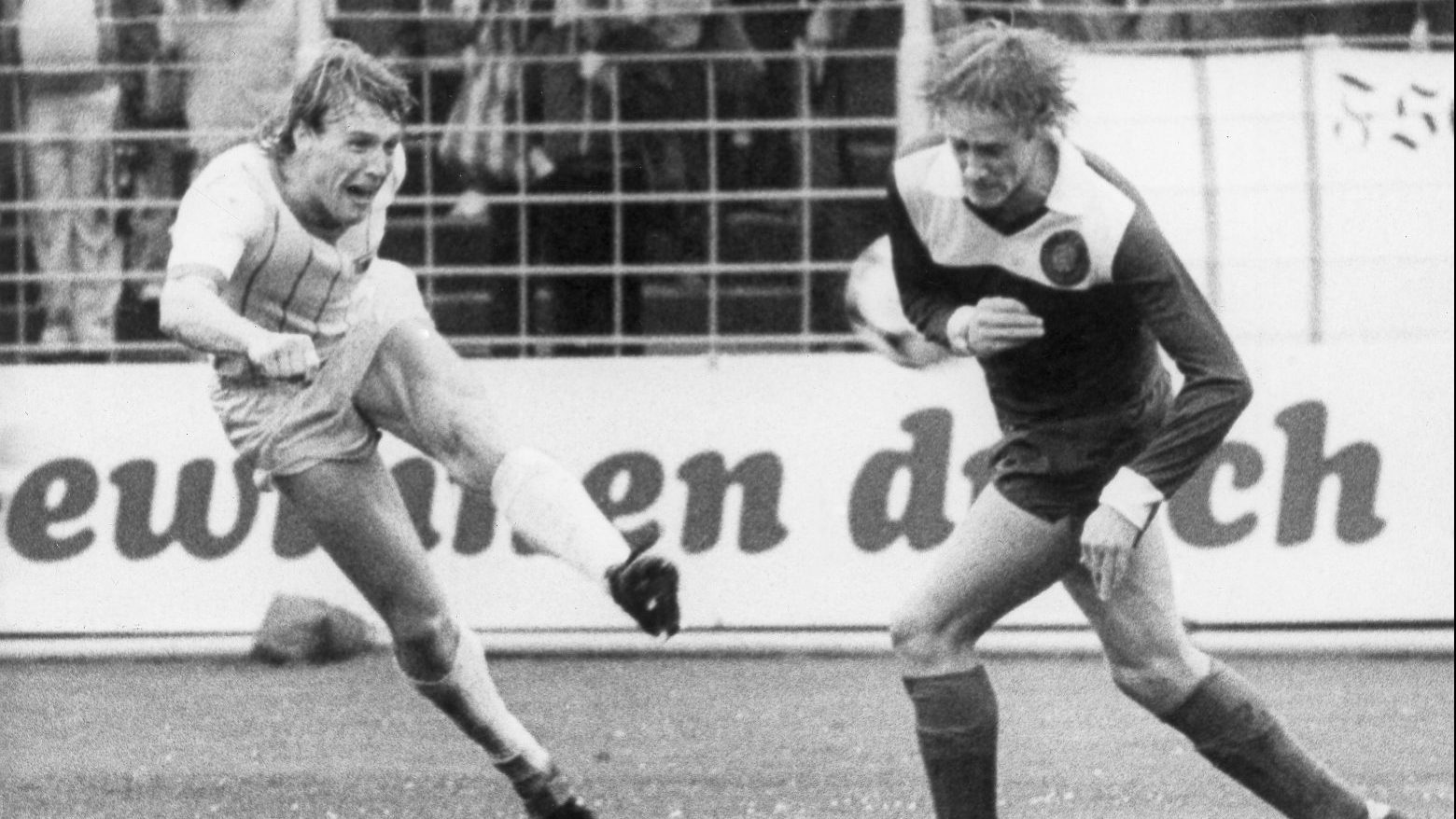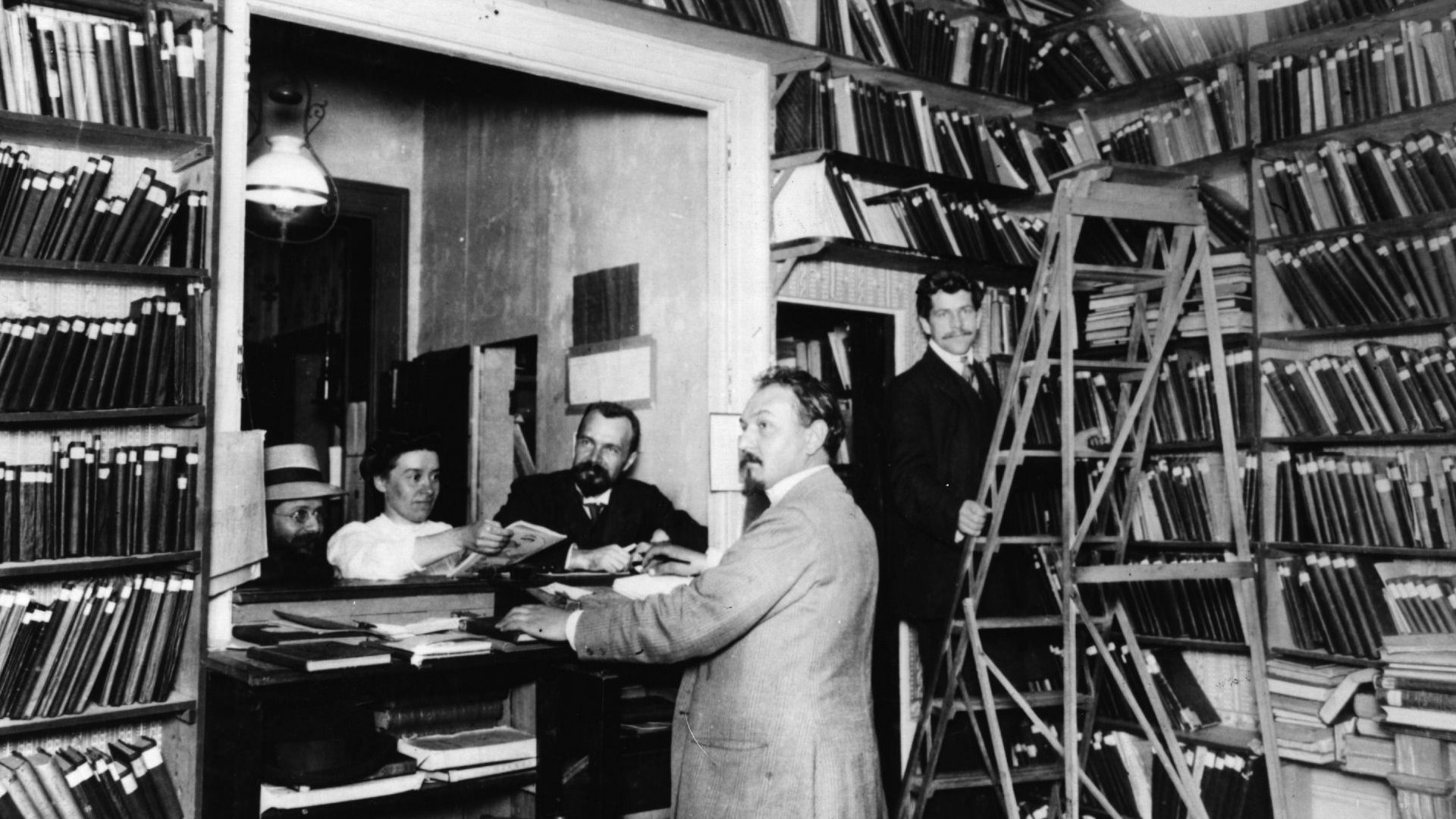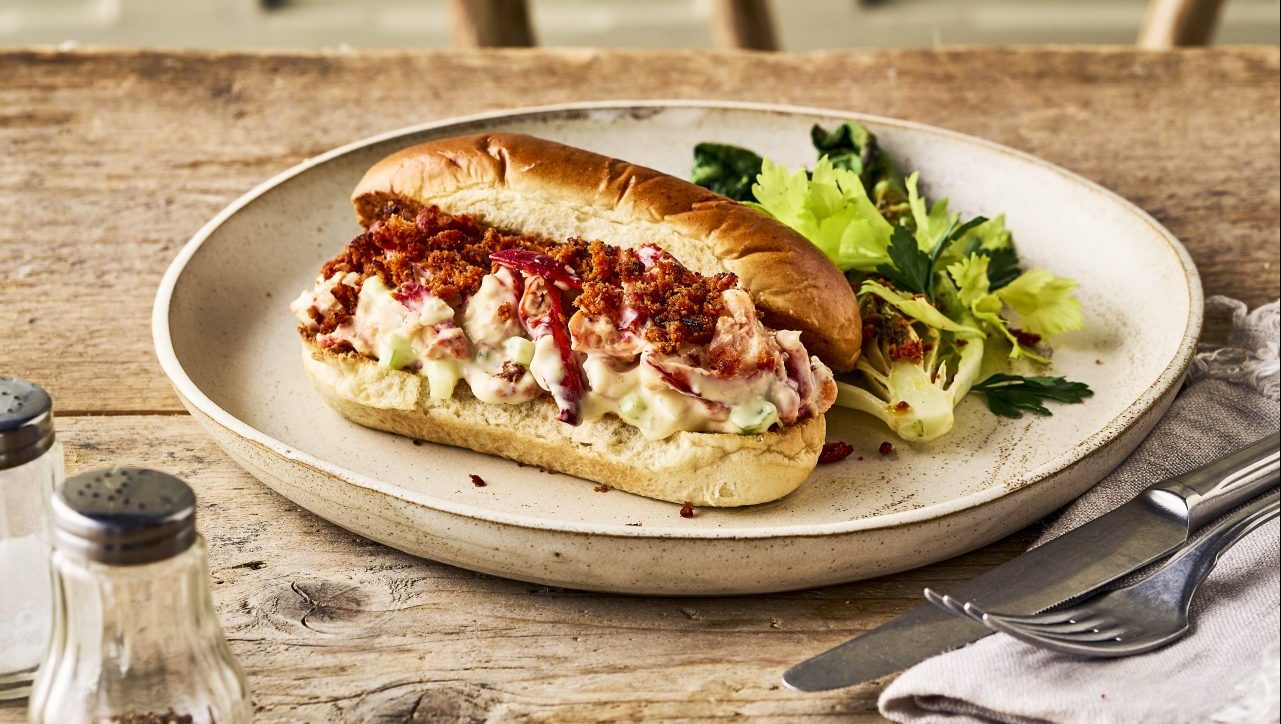Before a ball is kicked in the Bundesliga, the automatisch assumption is that Bayern Munich will win it. They have the players, the budget, the organisation that has made a clean sweep of the title for 10 seasons running, making it 31 wins in the league’s 60-year existence.
But maybe, just maybe, someone could do a Leicester City and become domestic champions against all the odds. Right now that someone is Union Berlin.
It is actually not a fair comparison because Leicester won the Premier League six years ago thanks to the patronage of a Thai billionaire owner. By contrast, 1. Fußballclub Union Berlin’s flight to the top has been made by, and for, the common fan.
The club’s roots are in the ironworks of east Berlin, under the thumb of Stasi police until the fall of the Wall on November 9 1989.
Today, Union stand top of the unified German league. Bayern and Borussia Dortmund (and that other self-made community contender, Freiburg) are breathing down their necks. But if there is one sliver of hope that the East Berliners might stay competitive until the end it is that this is no ordinary season.
Come mid-November, the bulk of Bayern and Borussia stars will be in Qatar, running in the desert at the World Cup. While Union’s Rani Khedira and Robin Knoche may yet win call-ups from German coach Hansi Flick, most of their teammates can rest, recuperate and come out running in mid-January as fresh as they were at the start of this season. And Urs Fischer, their Swiss coach, will prime them again on principles of disciplined defence and tireless physical commitment.
Apart from the massive Christmas carol festival at the stadium that Union supporters rebuilt with their own hands, it will literally be a training ground and nothing else through November and December. But Fischer will work those players because, as he reminded them after the recent victory over Dortmund, the players should not dream of the title. Fans can dream; artisan footballers must stay focused.
Together, they are a force. Not simply in domestic football, but in the Uefa Europa League, where the big fish include Arsenal and Manchester United, Lazio and Monaco.
First and foremost, Union are primed to defy the odds in Germany. In September, they drew 1-1 against Bayern, last month they beat Dortmund 2-0. And when the force is with them, when the maximum 22,012 Union fans are singing, the players say the sound fills them with energy.
“Unsere lieben! Unsere Mannschaft! Unsere stolze! Unsere verein!” (“Our love, our team, our pride, our club!”)
There are people who have stood on the same spot through their lifetime. Not simply in the good times which took generations to arrive, but back in the lower leagues where hardcore followers kept singing even when they went weeks with a scent of victory.
Union fans giving blood to donate the proceeds to their club – their home – is mirrored by the Swiss coach demanding every drop of sweat, and then some. How else do you turn a dream into reality? How do you even contemplate taking on Bayern or Dortmund, or even the struggling Borussia Mönchengladbach, who Union came from a goal down to beat in the 97th minute last Saturday.
That header, from central defender Danilho Doekhi, came in added time after Union had had a goal ruled out by VAR. It was Doekhi’s first goal for his new employer, and somewhat typical of the way that the coach demands effort over and above the norm.
Whatever Doekhi is on, his salary or that of any other Union player will be a fraction of what the Munich and Dortmund millionaires are paid. He was born to play, being both a nephew of a former Ajax Amsterdam Dutch-Suriname player, Winston Bogarde, and someone who was christened after a famous Brazilian midfielder.
Now 24, he is another free transfer acquisition the Berlin club are hoping to turn into either a winner, or a marketable asset.
That is how Union operate. Buy low, or for nothing, and sell high. Fischer has been the coach for three seasons and keeps a low profile while he builds players, as he did in his days as youth coach at Zürich and as a championship manager with Young Boys Bern. An outsider, then, to the industrial culture of Köpenick where Union was formed literally with iron in their core.
Speak to any East Berliner, feel the resonance of their “Eisen Union” (Iron Union) chant, and you experience what any visitor takes on in the Forest stadium. All but 3,617 of the fans stand on terracing, many of them unsheltered against the elements.
This was the stadium where, in 2014, Berliners carried their own settees to view World Cup games on a giant screen. Here is a club that this summer sold players for €24.42m (£21.98m), filled the vacancies for €13.5m, and made just over €10m profit.
Here is a club whose membership is 40,531, almost double the stadium capacity.
A club whose entire budget is less than the sum that Real Madrid, Man City, Man United and Liverpool will all bid to buy the English teenager Jude Bellingham when Borussia Dortmund cash in on him next year.
A club currently looking down on the mighty Bayern despite spending one euro for every 11 spent by the Müncheners. And despite Herr Fischer receiving less than a tenth of Julian Nagelsmann’s Bayern wage.
A German Leicester City in the making? Improbable, but that won’t stop Union trying.




